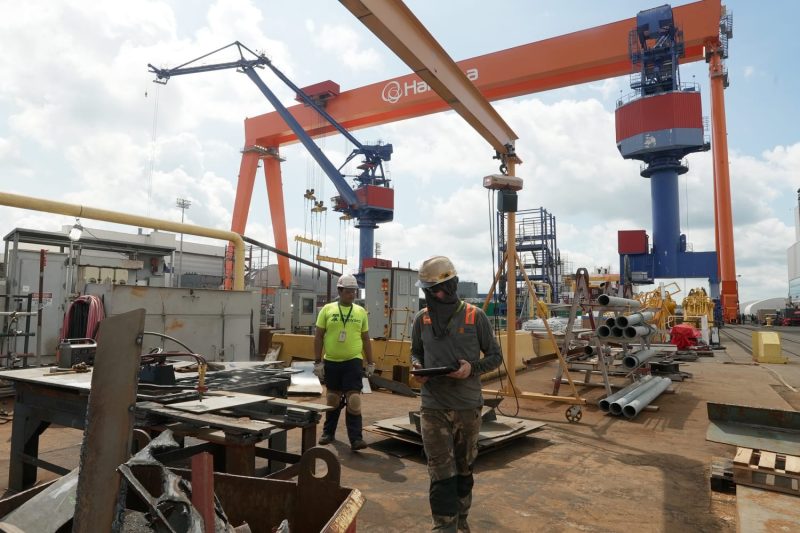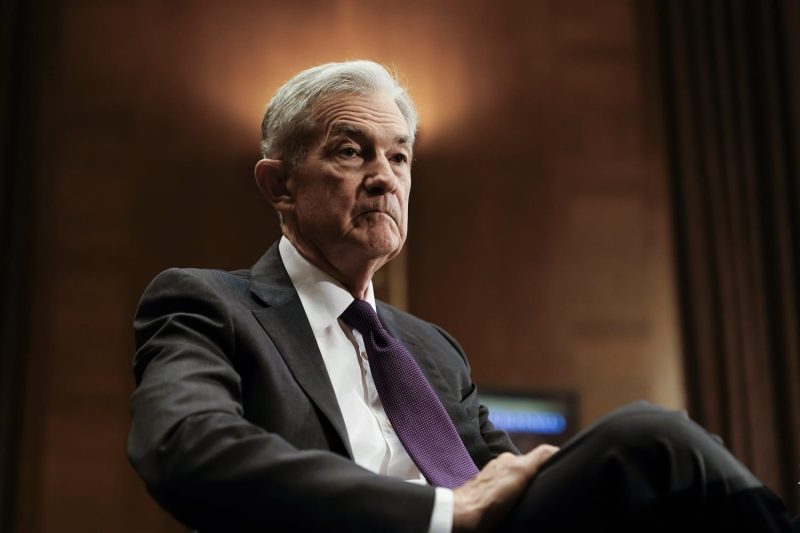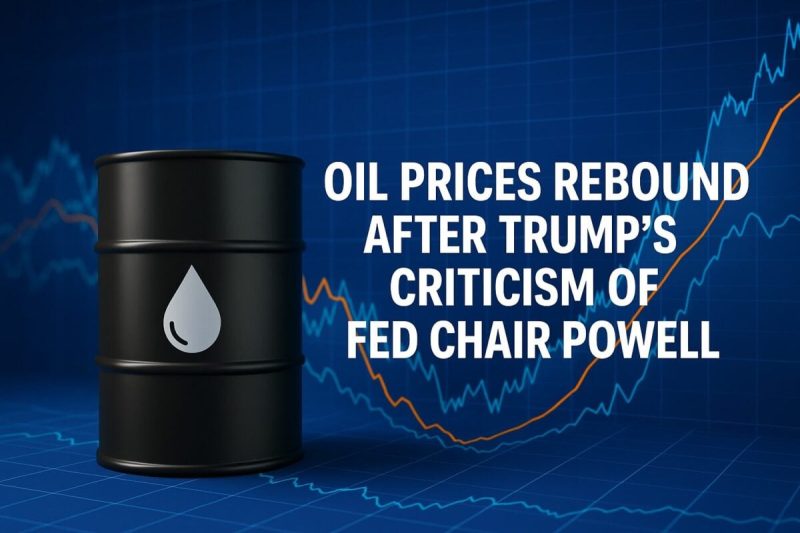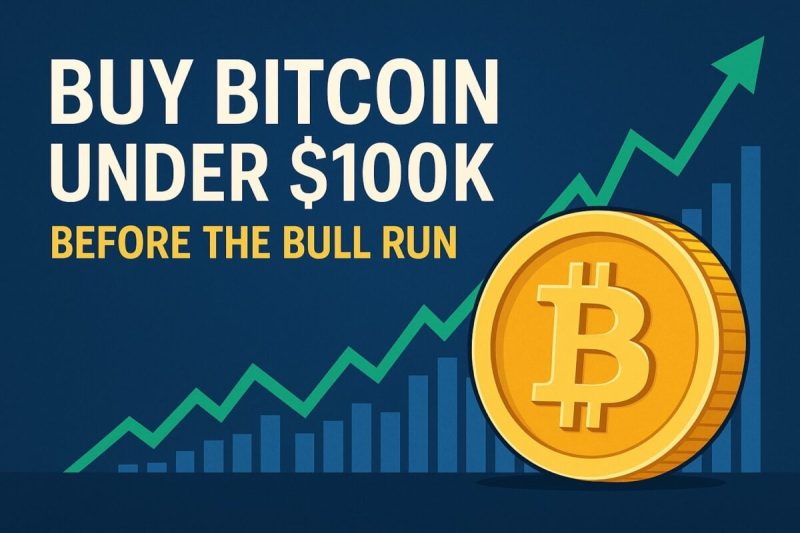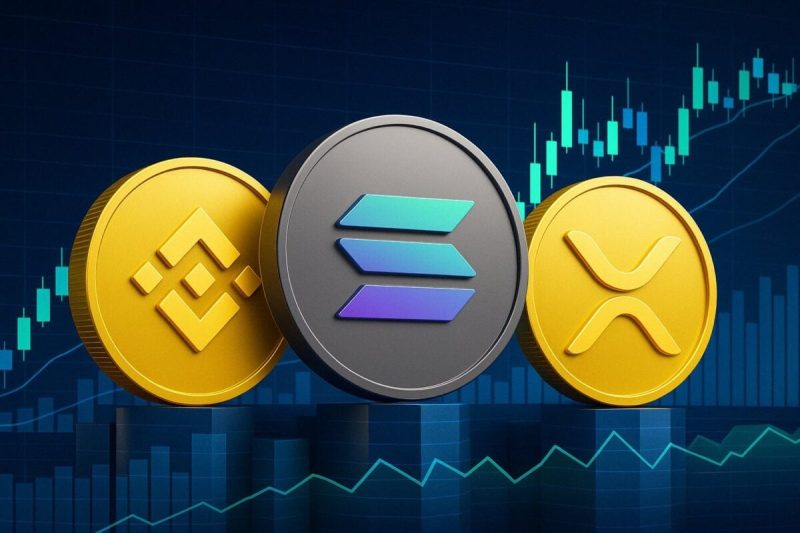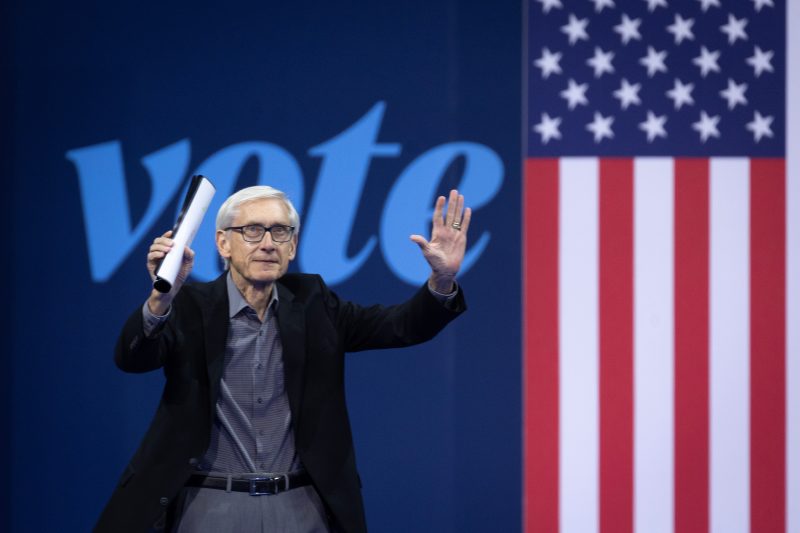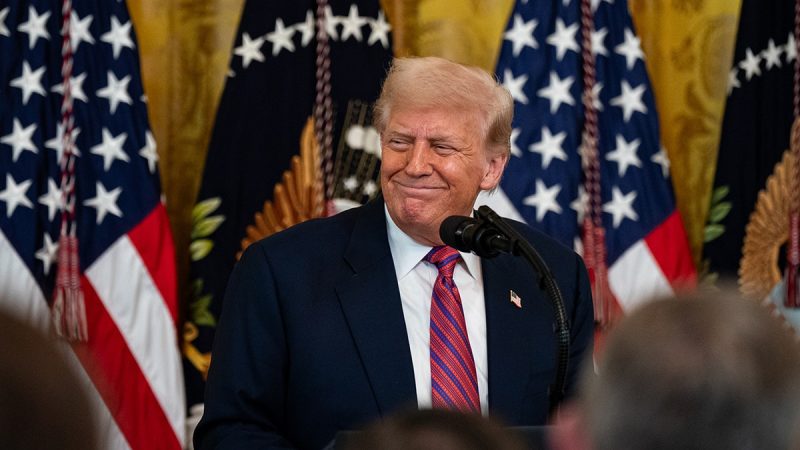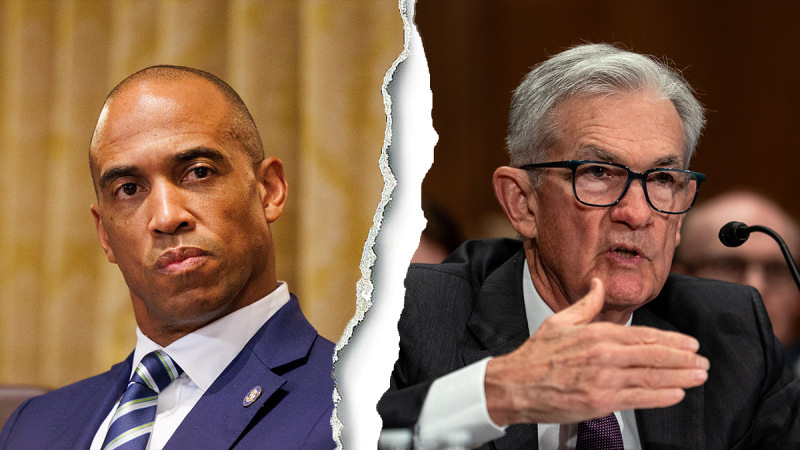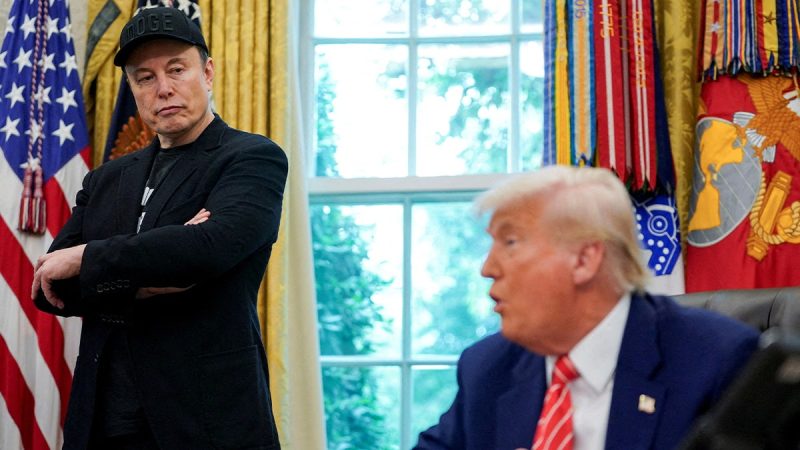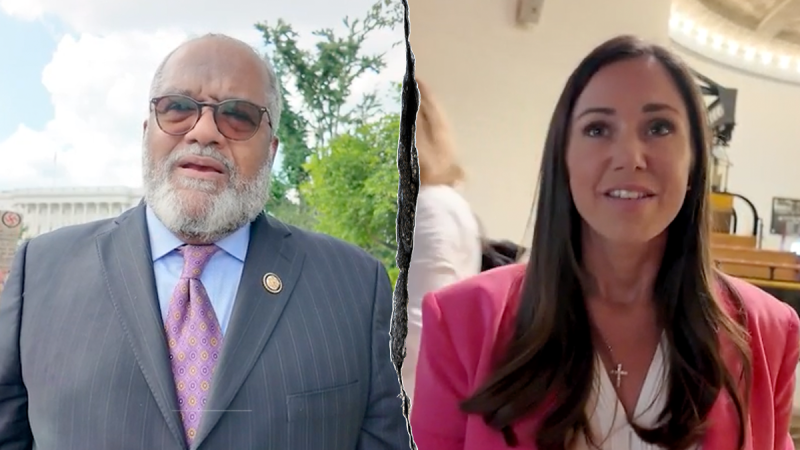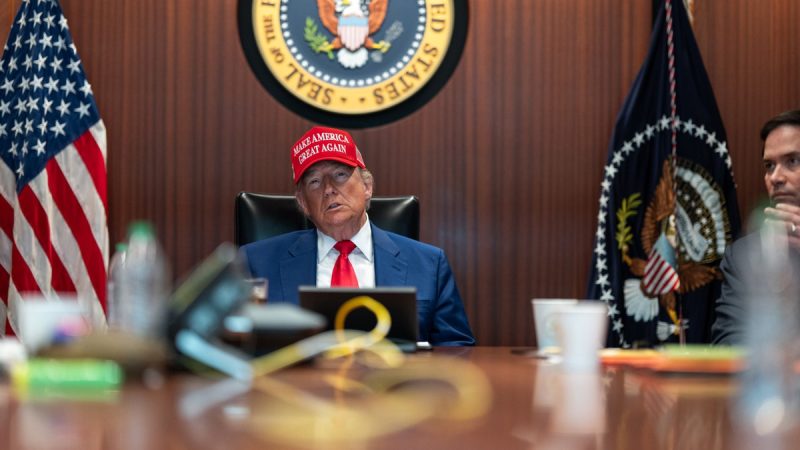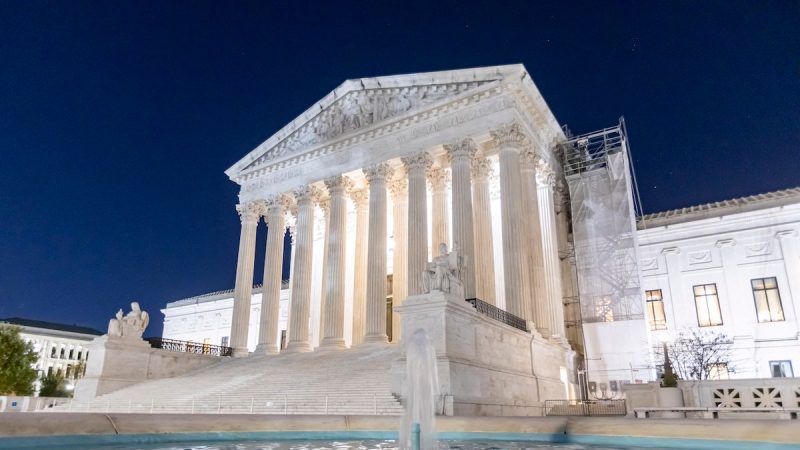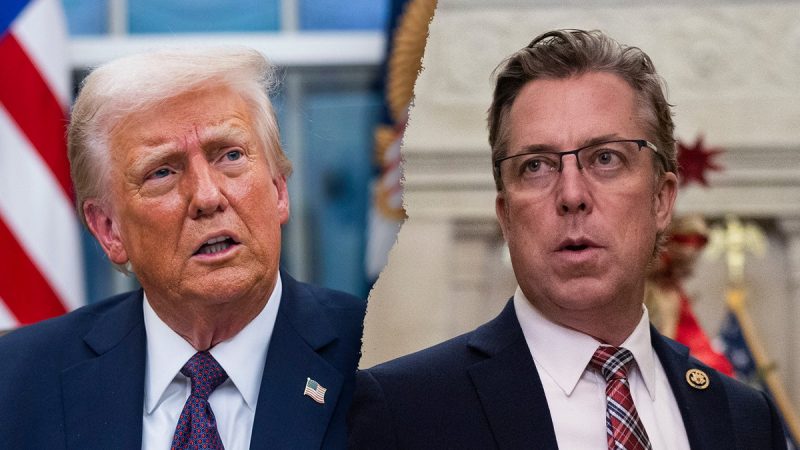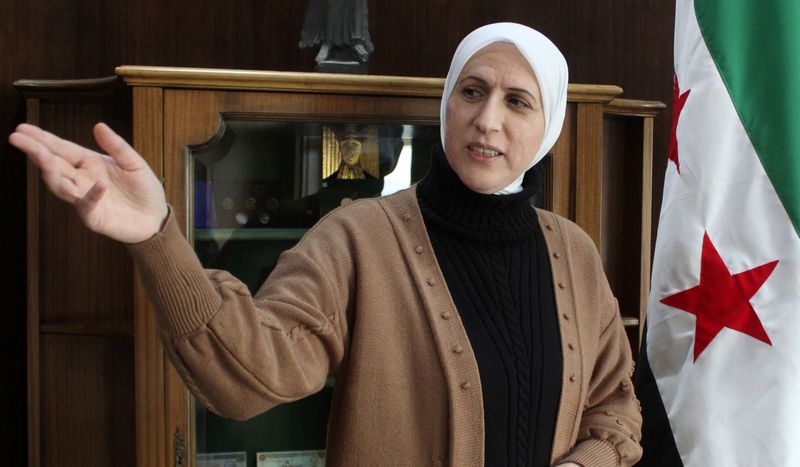
By Timour Azhari
DAMASCUS (Reuters) – Syria’s new central bank governor, Maysaa Sabreen, said she wants to boost the institution’s independence over monetary policy decisions, in what would be a sea change from the heavy control exerted under the Assad regime.
Sabreen, previously the Central Bank of Syria’s number two, took over in a caretaker role from former governor Mohammed Issam Hazime late last year.
She is a rare example of a former top state employee promoted after Syria’s new Islamic rulers’ lightning offensive led to President Bashar al-Assad’s fall on Dec. 8.
“The bank is working on preparing draft amendments to the bank’s law to enhance its independence, including allowing it more freedom to make decisions regarding monetary policy,” she told Reuters in her first media interview since taking office.
The changes would need the approval of Syria’s new governing authority, though the process is at this stage unclear. Sabreen gave no indication of timing.
Economists view central bank independence as critical to achieve long-term macroeconomic and financial sector stability.
While the Central Bank of Syria has always been, on paper, an independent institution, under Assad’s regime the bank’s policy decisions were de facto determined by the government.
Syria’s central bank, Sabreen added, was also looking at ways to expand Islamic banking further to bring in Syrians who avoided using traditional banking services.
“This may include giving banks that provide traditional services the option to open Islamic banking branches,” Sabreen, who has served for 20 years at the bank, told Reuters from her office in bustling central Damascus.
Islamic banking complies with sharia, or Islamic law, and bans charging interest as well as investing in prohibited businesses such as trading in alcohol, pork, arms, pornography or gambling. Islamic banking is already well established in the predominantly Muslim nation. Limited access to international and domestic financing meant the Assad government used the central bank to finance its deficit, stoking inflation.
Sabreen said she is keen for all that to change.
“The bank wants to avoid having to print Syrian pounds because this would have an impact on inflation rates,” she said.
Asked about the size of Syria’s current foreign exchange and gold reserves, Sabreen declined to provide details, saying a balance sheet review was still underway.
Four people familiar with the situation told Reuters in December that the central bank had nearly 26 tons of gold in its vaults, worth around $2.2 billion, some $200 million in foreign currency and a large quantity of Syrian pounds.
The Central Bank of Syria and several former governors are under U.S. sanctions imposed after former Assad’s violent suppression of protests in 2011 that spiralled into a 13-year civil war.
Sabreen said the central bank has enough money in its coffers to pay salaries for civil servants even after a 400% raise promised by the new administration. She did not elaborate.
Reuters reported that Qatar would help finance the boost in public sector wages, a process made possible by a U.S. sanctions waiver from Jan. 6 that allows transactions with Syrian governing institutions.
INFLATION CHALLENGE
Analysts say stabilising the currency and tackling inflation will be Sabreen’s key tasks – as well as putting the financial sector back on a sound footing.
The Syrian currency’s value has tumbled from around 50 pounds per U.S. dollar in late 2011 to just over 13,000 pounds per dollar on Monday, according to LSEG and central bank data.
The World Bank in a report in spring 2024 estimated that annual inflation jumped nearly 100% year-on-year last year.
The central bank is also looking to restructure state-owned banks and to introduce regulations for money exchange and transfer shops that have become a key source of hard currency, said Sabreen, who most recently oversaw the banking sector.
Assad’s government heavily restricted the use of foreign currency, with many Syrians scared of even uttering the word “dollar”.
The new administration of de facto leader Ahmed al-Sharaa abolished such restrictions and now locals wave wads of banknotes on streets and hawk cash from the backs of cars, including one parked outside the central bank’s entrance.
To help stabilize the country and improve basic services, the U.S. last week allowed sanctions exemptions for humanitarian aid, the energy sector and sending remittances to Syria, although it reiterated the central bank itself remained subject to sanctions.
Sabreen said allowing personal transfers from Syrians abroad was a positive step and hoped sanctions would be fully lifted so banks could link back up to the global financial system.


